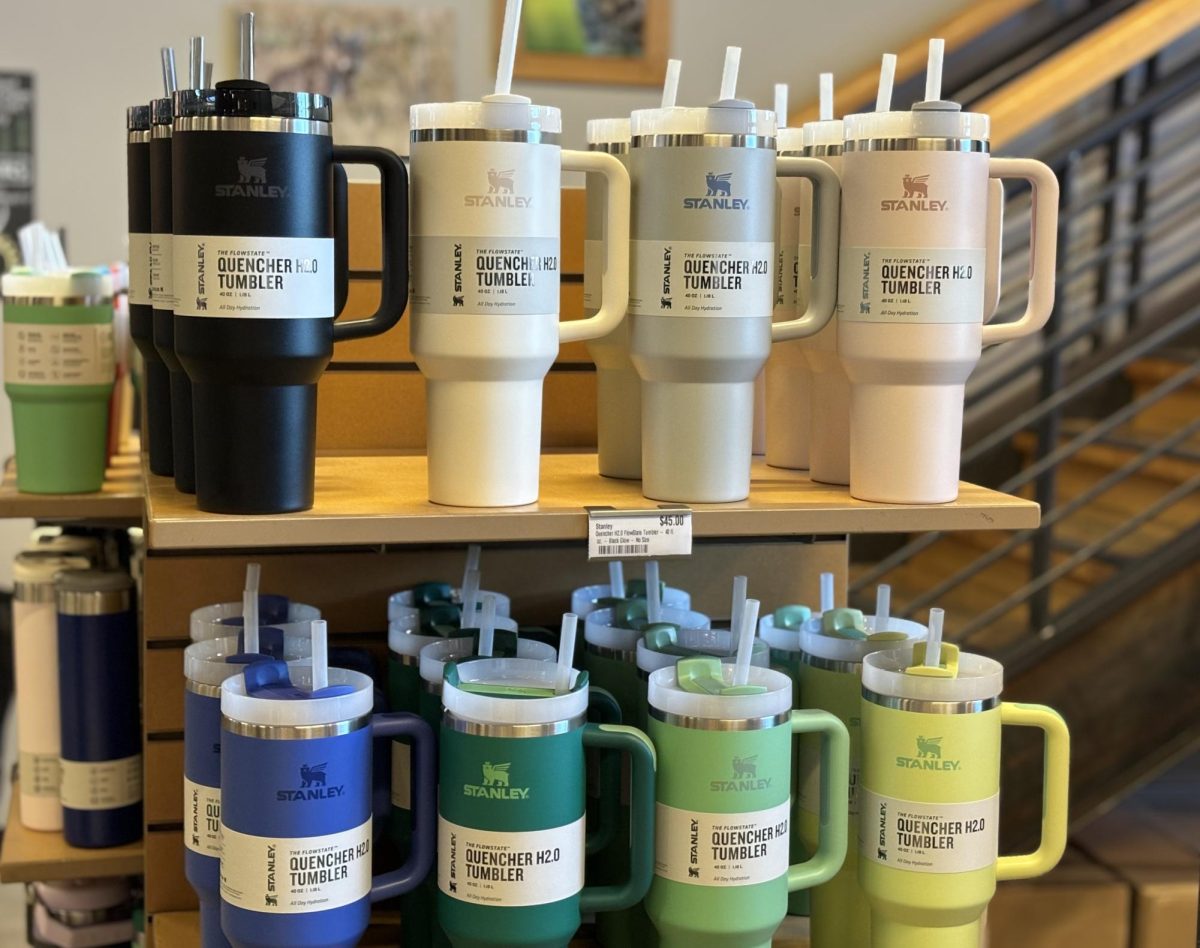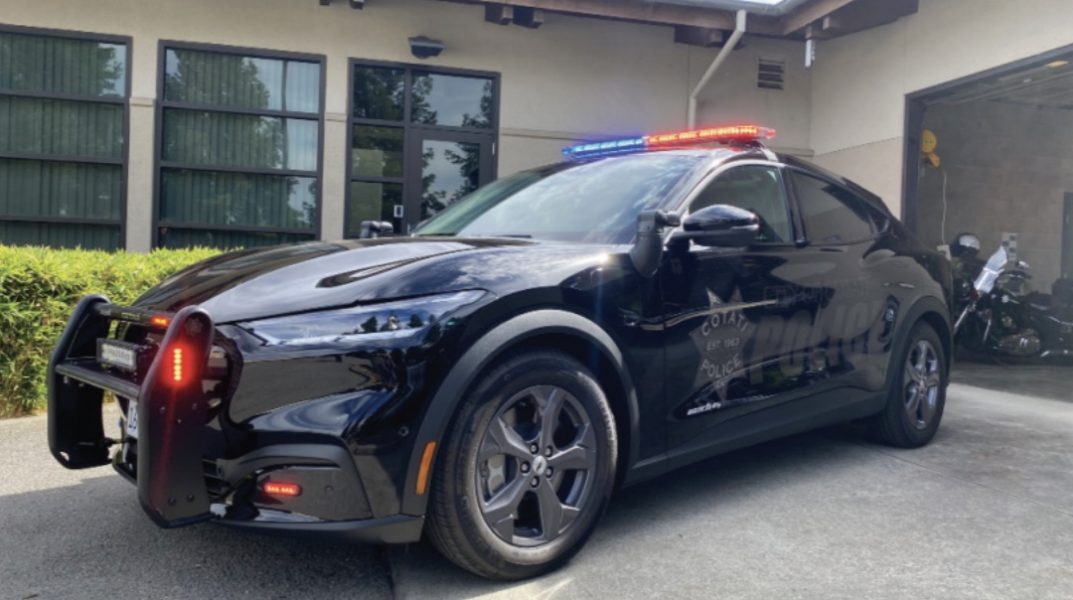“People are both more and less informed than they were in the past. The quantity of information has grown, but the quality of information has not kept pace,” said Dr. Cynthia Boaz, a professor and the department chair of the Political Science department here at Sonoma State University.
Over the past few decades, multiple generations have become more significantly attached to an online environment where deeply complex, nuanced political and social conflicts can be difficult to navigate.
Factual information may be hard to uncover on Instagram, TikTok, and X (formerly Twitter), which have been known to be hotbeds of falsehoods. It’s not only the content, but the form of media that affects how we understand that content.
Plenty of theorists have noted that tweeting as a phenomenon both reflected and exacerbated our diminishing attention spans. However, current events are often complex and merit more understanding and critical thinking. We need to allow some time to think, process information, wonder about biases and check facts. Scrolling invites none of that, and, some might argue, implicitly invites users not to do those things.
“We typically consume short-formed content, which limits our ability to engage in deep, nuanced research,” said Santa Rosa Junior College Communication Studies professor Alexis Pulos. He went on to explain that with this, the information becomes anecdotal, and if the individual is deterred from digging deeper into the material, it’s difficult to have an informed argument as opposed to a general opinion.
“We are undermining our ability to think in long-form [and] complex styles,” Pulos said. “The constant inundation of short-form content begins to undermine our ability to form more complex and long-term thoughts.” If the medium is indeed the message, as communication theorist Marshall McLuhan famously noted all the way back in the 1960s, social media is about anything but nuanced thinking.
Media conglomerates themselves are largely responsible for creating an atmosphere that draws users away from creating informed views and opinions. Platforms use confirmation bias to assist in the algorithms curating users’ feeds based on what they seek out most, which tends to be articles and hashtags that support their current beliefs. Prejudices will take control of a user’s feed unless they actively switch between or among sources and search for content that supports or refutes their opinions.
Social media’s influence on public perceptions of political conflicts is undeniable, “Information is dramatized, fragmented, and packaged in euphemism, often removing the story from its larger historical or social context,” Dr. Boaz said. “Deeply complex issues are oversimplified and metaphors are invoked in ways that trigger underlying and often unconscious biases.”
New information about current events is shared hundreds if not thousands of times every hour, whether about ongoing wars, upcoming elections, or even past events like the COVID-19 pandemic and the 2020 as well as 2016 presidential elections. Even the most extreme conspiracy theories gain frighteningly large cult followings; think of Q-Anon or the idea that COVID was created as a biological weapon.
Users owe it to themselves and their communities to educate themselves about how to be media-literate and how to discern inaccuracies or biases. “Diversify your sources of information, seek perspectives from outside your bubble… make an effort to understand issues from many competing standpoints,” Dr. Boaz said. “Be intellectually curious and willing to learn,” she said, before quoting Voltaire, “Doubt is not a pleasant condition, but certainty is absurd.”





![[Both photos courtesy of sonoma.edu]
Ming-Ting Mike Lee stepped in as the new SSU president following Sakakis resignation in July 2022](https://sonomastatestar.com/wp-content/uploads/2024/04/CC4520AB-22A7-41B2-9F6F-2A2D5F76A28C-1200x1200.jpeg)


























